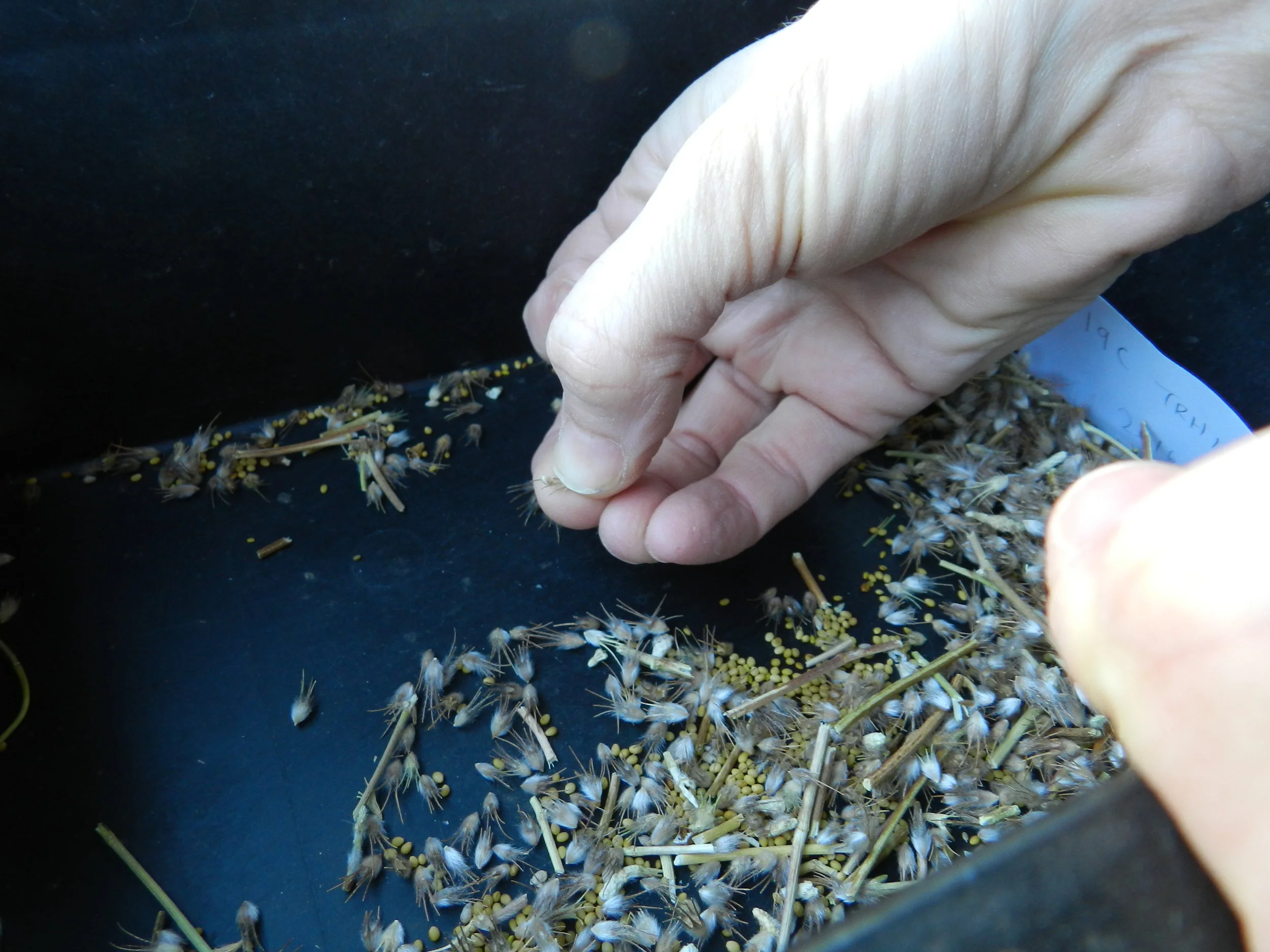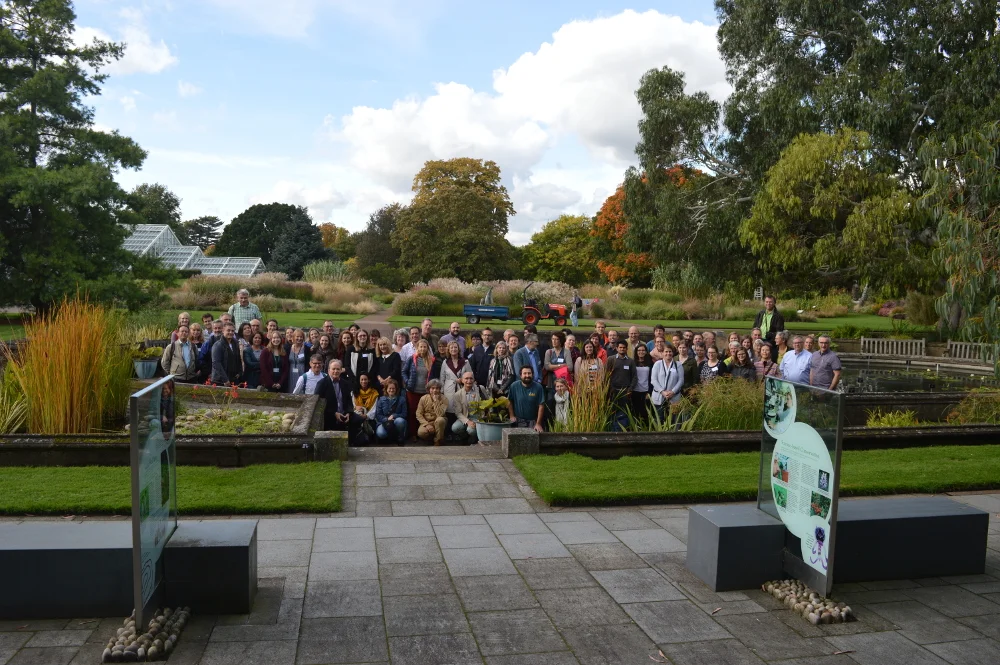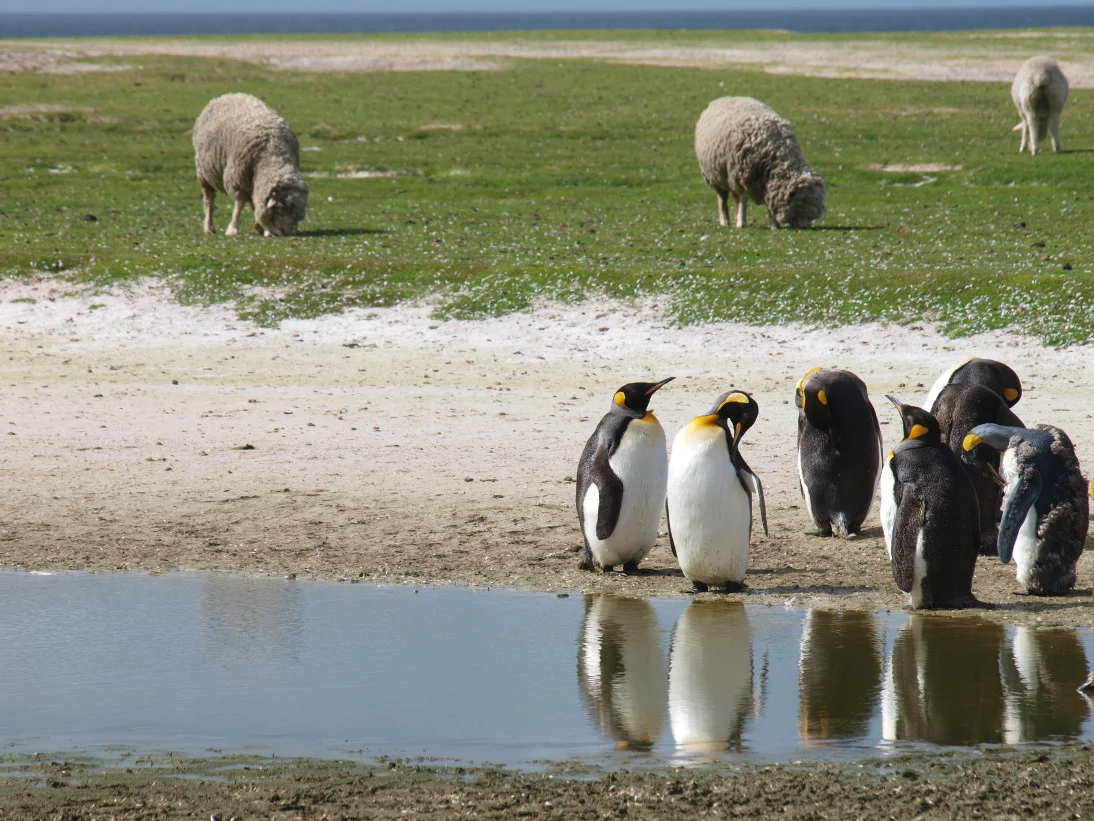In Europe, grasslands are counted among the most species-rich vegetation types but also the most extensively degraded and least protected habitats. The role played by the native seed production sector is therefore crucial in providing native seed for grassland restoration
The native seed industry for herbaceous plants in Europe is a relatively young sector, with the oldest companies having about 35 years of experience. This sector has also a very uneven level of development across the continent.




















